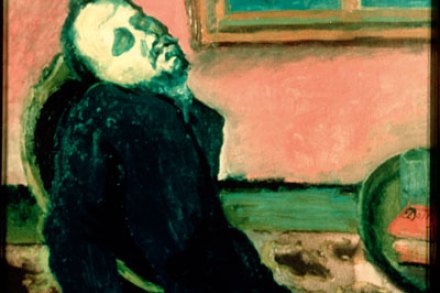‘The Shakespeare of the lunatic asylum’ – review of The Dostoevsky Archive by Peter Sekirin
After you decapitate someone, might their severed head continue thinking? Prince Myshkin holds his audience spellbound with this macabre inquiry in The Idiot, a great novel whose author, Fyodor Dostoevsky, was once called the Shakespeare of the lunatic asylum. Each of his great novels concerns a murder (one a parricide); most also touch upon the sickening theme of the rape of a child. The writer Lafcadio Hearn warned that reading him might actually drive you mad: it can certainly invoke pity and terror, embarrassment and laughter. Dostoevsky’s life was even weirder than his fiction. He was born in 1821, the son of a surgeon whom he believed to have been

















